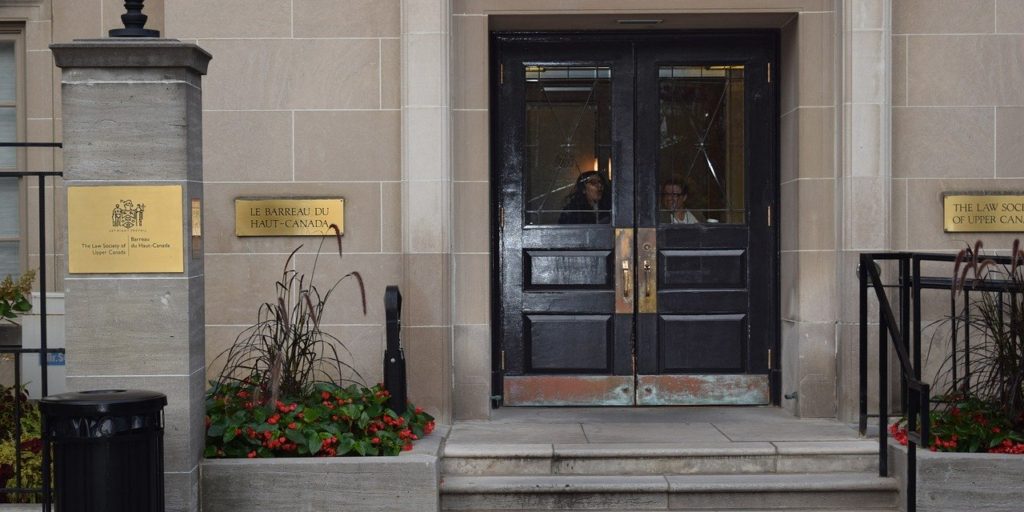- Care needed when using ethanol-fuelled firepots: McLeish - October 5, 2019
- Government changes to auto insurance need to go further, says McLeish - April 5, 2019
- Brokers have duty to inform clients of insurance options - January 5, 2019
Opening up law firm ownership to non-lawyers would still be bad news for personal injury victims, says Toronto critical injury lawyer John McLeish after the Law Society of Upper Canada (LSUC) reopened the debate on Alternative Business Structures (ABS).
The LSUC rejected a controversial proposal to allow non-lawyers to hold a minority interest in firms back in 2015 after encountering widespread opposition from within the profession.
But the regulator’s ABS working group continued studying other proposals and recently approved a motion to allow civil society organizations, which include charities, non-profits and trade unions, to offer legal services directly to their clients.
‘Foot in the door’
“On the face of it, it sounds like a good thing, but you’d hate it to be a foot in the door, or the start of something that allows multinational public companies to come in and buy law firms,” says McLeish, a partner with McLeish Orlando LLP.
McLeish’s firm was among those who made submissions to LSUC against ABS for law firms in Ontario, before the law society abandoned the concept in 2015. In its submission filed with the regulator at the time, McLeish Orlando’s senior partners wrote that ABS had failed to live up to the promise of improving access to justice in the U.K. and Australia, where differing versions had already been put into practice.
In addition, the firm said competition in the Canadian market for personal injury lawyers showed victims of car crashes were already getting the representation they need under the current system.
“The implementation of ABS in the personal injury sector would be providing an access solution to a problem that doesn’t exist,” the submission reads.
Instead, the firm suggested that ABS providers would gravitate towards traditionally lucrative practice areas with the potential for economies of scale and high levels of commoditization.
Disadvantages and risks
“In the world of personal injury law, the disadvantages and risks to the consumer of ABS appear to far outweigh any potential advantages,” McLeish and his colleagues concluded.
And he stands by that position today.
“If a big company comes in and takes over a firm like ours, all they’re going to be interested in at the end of every month, every quarter, and every year, is the bottom line,” McLeish says. “If the case is risky, but the client is worthy of representation, they’re not going to be taken on under a model that is based strictly on profit.”
Putting out feelers
McLeish says Australia’s Slater and Gordon, the face of ABS for many since it became the first publicly traded law firm in the world, began putting out feelers in Canada when the LSUC proposals were being debated several years ago.
However, since then, the firm has suffered a share price collapse after a major acquisition went badly, and its senior management was replaced by an American hedge fund.
McLeish says the onset of ABS in Ontario would also intensify the advertising problems in the province’s personal injury law field.
“With ABS, the amount of advertising and marketing is going to increase,” he says. “Much of it is tasteless, and the biggest marketers are certainly not the best performing lawyers, but the average person doesn’t know that.”

